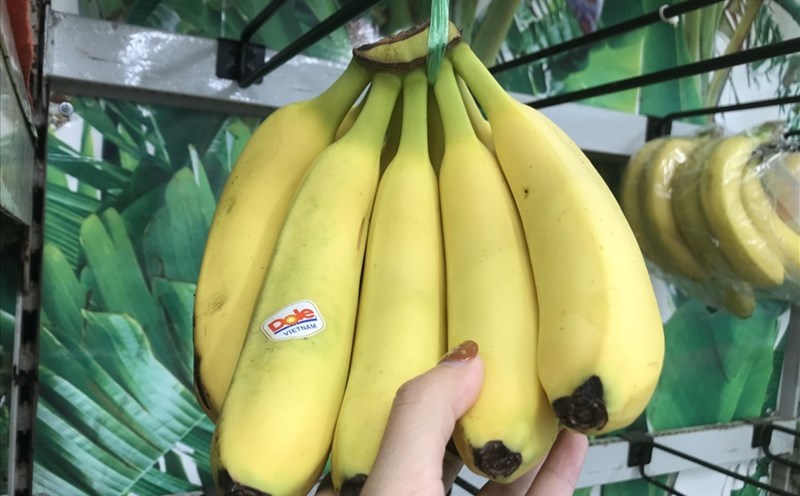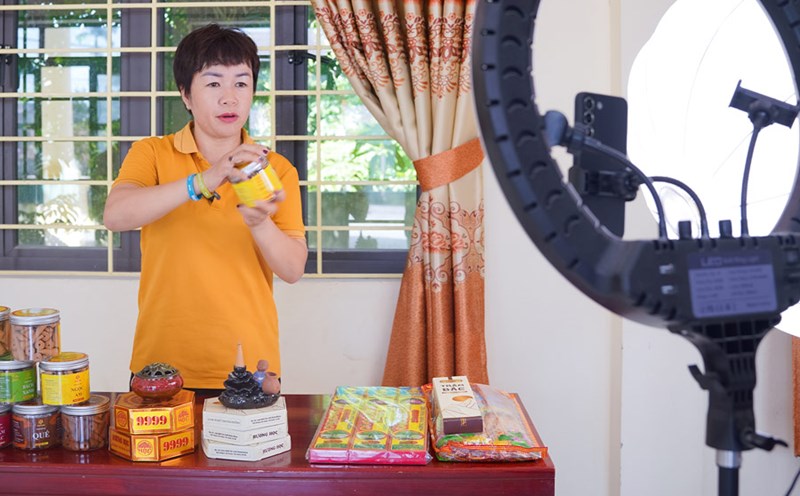100g of Malabar spinach contains about 325mg of potassium. Potassium helps regulate heart rate and blood pressure, which is good for healthy people. However, in people with kidney failure, the kidneys cannot excrete excess potassium, leading to increased blood potassium.
The National kidney Federation (NKF) recommends that in patients with chronic kidney failure or undergoing dialysis, consuming too much potassium can cause heart rhythm disturbances, muscle weakness and in severe cases can lead to cardiac arrest.
NKF especially emphasizes that dark green leafy vegetables such as Malabar spinach, amaranth, water spinach... should be limited in their weekly diet.
In addition to its high potassium content, Malabar spinach also contains oxalate, a natural compound that can bind to calcium to form crystals, forming kidney stones over time.
Malabar spinach also has a certain purine content. When metabolized, purines will create uric acid, which can aggravate gout and cause inflammation, causing micro-deficiency in kidney tissue.
That is the reason why nutritionists recommend that people with kidney failure or people with a history of gout should not eat Malabar spinach regularly.
Research from Mah idol University (Thailand) published in the Journal of Renal Nutrition shows that patients with kidney failure in stage 3-4 who maintain a diet rich in dark green leafy vegetables (≥ 5 times/week) have a blood potassium index of 18-25% higher than the control group.
This increases the risk of cardiovascular complications and accelerates the progression of kidney failure.
People with kidney disease should only eat Malabar spinach 1-2 times a month, each time no more than 50-100g, should boil thoroughly and remove the boiling water to reduce potassium and oxalate.
To still ensure a source of green vegetables without putting pressure on the kidneys, patients can replace Malabar spinach with:
Cabbage, Southern coffee, white radish, low-calorie, low-oxalate vegetables are on the NKF's kidney-friendly list.
Cook by boiling, steaming or lightly stir-frying with olive oil, avoid frying too much fat.
Regularly monitor blood potassium levels and discuss with a nutritionist to adjust the appropriate portion sizes.











